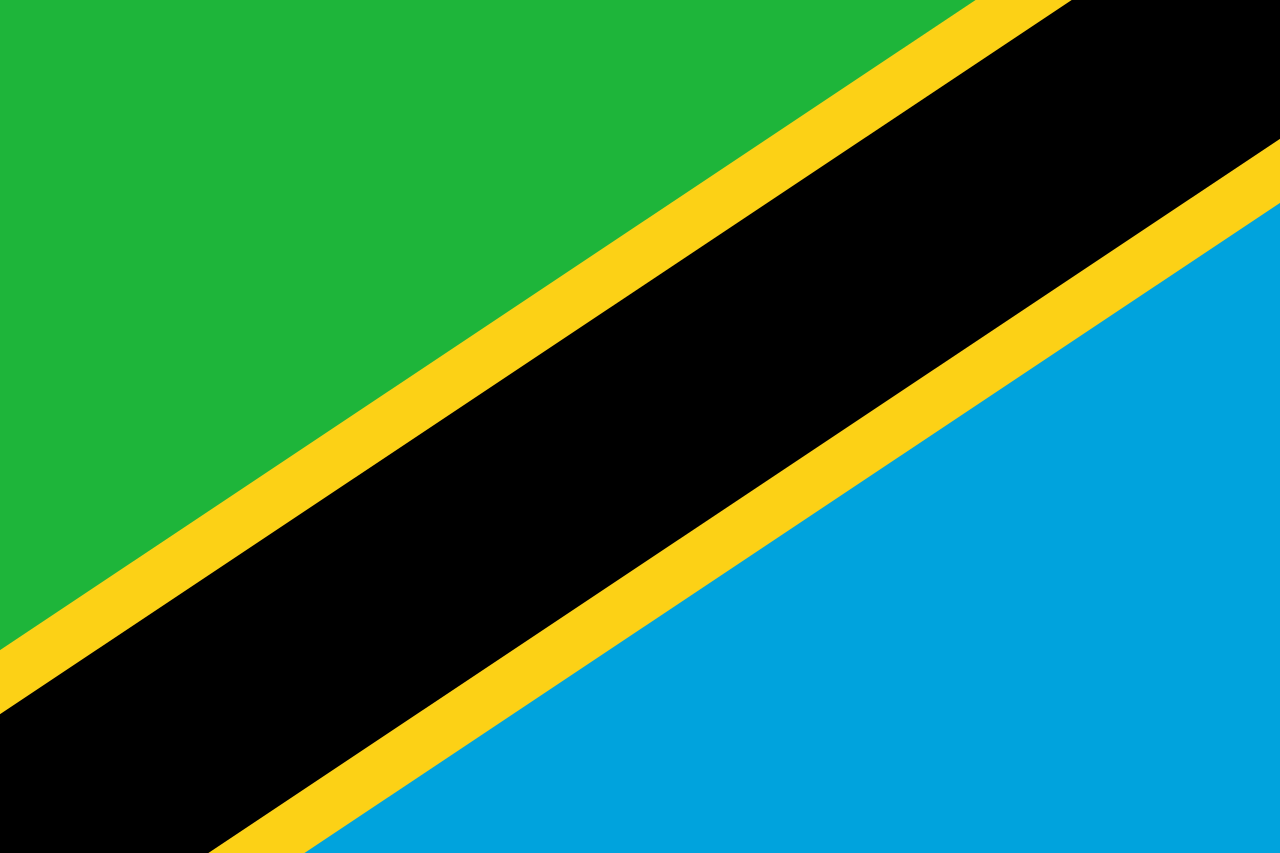The Confucius Institute at the University of Rwanda held celebrations on Sunday afternoon to mark this year's United Nations Chinese Language Day.
The event, under the theme "Chinese Language: A Gift Across Time and Space," offered attendees an immersive experience of Chinese culture and language.
Speaking at the event, Lin Hang, charge d'affaires a.i. of the Chinese Embassy in Rwanda, said that as an official language of the United Nations, the Chinese language is an important bond of friendship between the Chinese people and the people around the world.
"Language is a crucial tool of communication for human beings. As you may be aware, Chinese is the only 'living language' among the world's ancient civilizations that is still in use today. At present, more than 190 countries and regions around the world are teaching Chinese, and 85 countries have incorporated Chinese into their national education systems," she said.
"China puts the spirit of real multilateralism into good practice, embraces an open and inclusive mindset, enhances mutual appreciation and learning, deepens understanding and friendship between the peoples across borders and among civilizations," she added.
Zeng Guangyu, director of the Confucius Institute at the University of Rwanda, told Xinhua during the event that when the institute was established in 2009, only a handful of students enrolled, as many thought it was too difficult to learn. However, nearly 20,000 Rwandans can now speak Chinese after years of sustained efforts.
He noted that Chinese language skills have opened doors for Rwandan learners, enabling them to secure jobs, win scholarships, study in China, and even start businesses.
"I have seen Chinese learners achieve their dreams through the language -- by creating enterprises or finding good jobs. They are truly changing their lives through learning Chinese. English is used worldwide, but Chinese is a rising language in East Africa and across the globe. It represents the future," Zeng said.
He also highlighted that this year's celebrations also featured the launch of a Kiswahili-Chinese-English textbook, aimed at bridging Chinese with two of East Africa's most commonly spoken languages.
"We held a lecture on Chinese characters, organized workshops on Chinese writing and calligraphy, and conducted many activities across different teaching posts to mark the occasion," Zeng added. Xinhua






